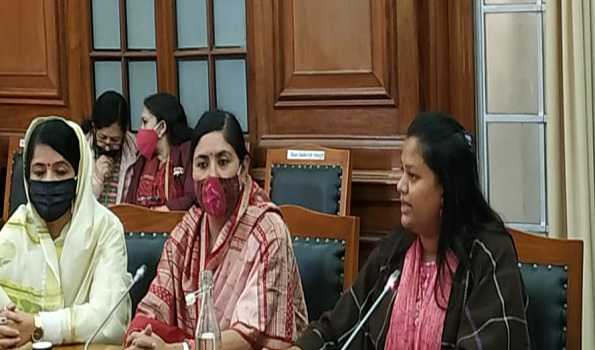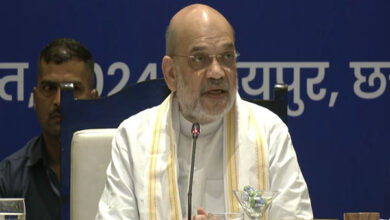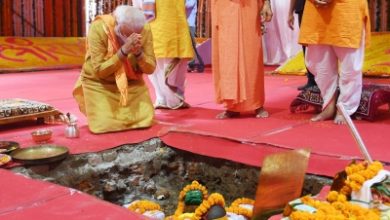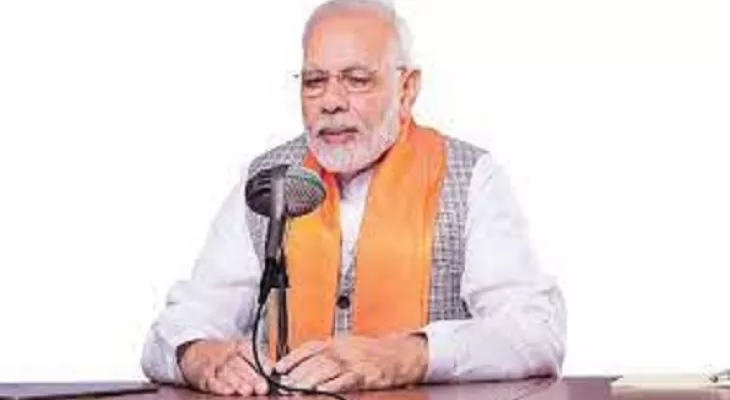
New Delhi: The Parliamentary Committee on Women Empowerment, an all women MP committee, on Friday said it found gaping holes in the Beti Bachao Beti Padhao scheme, adding that between 2016 to 2019, 78.91 per cent of funds were spent on media campaigns. The committee stressed on the need to focus on health and education under the scheme and highlighted non-utilization of funds by states, and the Centre continuing to disburse amount without checking utilization.
A report of the Committee tabled in Parliament said since the inception of the scheme from 2014-15 to 2019-20, Rs 848 crore was allotted for it. Rs 622.48 crore was released to the states. However, only 25.13 per cent of the amount or Rs 156.46 crore was spent by the states, it added. It also said that out of Rs. 446.72 crore released during 2016 to 2019, “a whopping 78.91 per cent” was spent on media campaigns.
“Though the Committee understands the necessity to undertake media campaign to spread the message of Beti Bachao Beti Padhao among people, they feel it is equally important to balance the objectives of the scheme,” Committee Chairperson Heena Vijaykumar Gavit said at a press conference here.
“Now, it is time to focus in other verticals by making provision to help achieve measurable outcomes related to education and health envisaged under the scheme,” she added. The Chairperson also expressed dismay over non-utilization of funds by the states. The report further said that the Nodal Ministry, the Women and Child Development Ministry, has no information of the spending by states.
The committee advised the WCD ministry to take up the issue with states, and to release funds only after utilisation of earlier released amounts. “Perhaps, if the Union government does not release more funds, they may utilize the money,” Gavit said.
Other recommendations included intensifying efforts for effective implementation of the PC&PNDT act, monitoring of drop out, attendance of school students, measures to ensure safety of girls in residential schools of government, including appointment of female teachers and staff only as far as possible. It also recommend construction of separate functional toilets for girls in schools.






